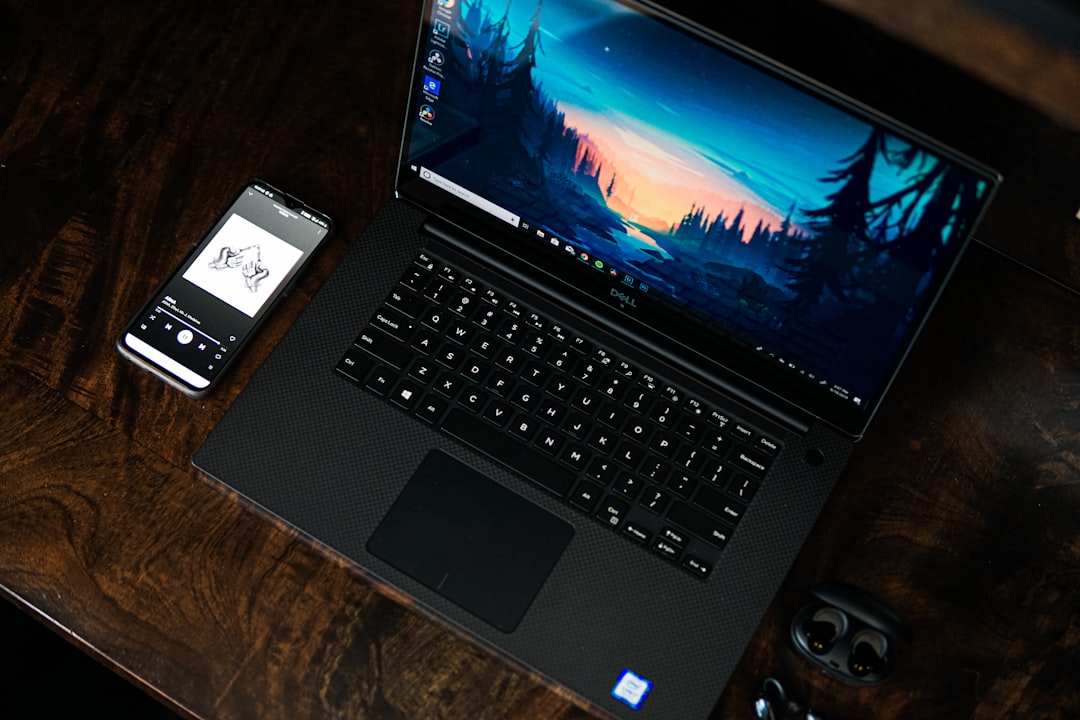YouTube is one of the most popular platforms for watching videos, listening to music, and discovering new content. Often, users come across songs or speeches they’d like to save as audio files to listen to offline. This has led to the rise of services that convert YouTube videos to MP3 format. These services fall into two main categories: desktop software and cloud-based tools, also known as online converters. Each approach has its unique benefits and drawbacks, depending on why and how users plan to convert media. This article explores both categories to help users make an informed decision.
Understanding YouTube to MP3 Converters
YouTube to MP3 converters extract the audio from YouTube videos and export it in the MP3 format. These tools are widely used for:
- Saving music for offline listening
- Creating playlists for portable devices
- Extracting lecture or podcast audio from video
- Collecting soundbites for presentations or productions
Depending on the format you choose, either desktop or cloud-based, your experience will vary in terms of features, speed, privacy, and ease of use.
Desktop Applications
Desktop YouTube to MP3 converters are software programs you install on your computer. These tools offer robust functionality and generally support batch conversion, high-quality output, and more customization options. Some popular examples include:
- 4K Video Downloader
- YTD Video Downloader
- Any Video Converter
Pros of Desktop Tools
- Performance: Desktop apps tap into your computer’s resources, often yielding faster conversions and higher-quality audio processing.
- Multiple Formats: Many support different audio and video formats beyond MP3, including M4A, OGG, and WAV.
- No Internet Dependency: Once installed, many tools work offline, offering functionality without needing a stable internet connection.
- Batch Downloads: You can convert entire playlists or multiple videos at once, saving time for heavy users.
Cons of Desktop Tools
- Installation Required: You’ll need to download and install software, which can be cumbersome for casual users or those with limited storage.
- Platform-Specific: Some apps work only on Windows or macOS, potentially excluding Linux or Chrome OS users.
- Updates and Compatibility: Desktop software may require frequent updates and might not always keep pace with YouTube’s website changes.

Cloud-Based Converters
Cloud-based conversion tools, or online converters, are accessible directly through a web browser. Their main appeal lies in their simplicity and ease of access. Notable examples include:
- YTMP3.cc
- OnlineVideoConverter.com
- ClipConverter.cc
Pros of Cloud Tools
- No Installation: Use directly in the browser; perfect for fast, one-time conversions.
- Device Agnostic: Works on virtually any device with a browser—whether it’s a phone, tablet, Chromebook, or PC.
- User-Friendly Interface: Most have simple layouts focused solely on pasting a URL and hitting convert.
Cons of Cloud Tools
- Internet Dependency: These tools require a stable connection and may be slower than desktop apps for large files.
- Quality Limitations: Some online tools restrict the quality of audio output or the file size available for download.
- Ad-Supported or Risk of Malware: Many free online converters come with pop-up ads or even potential malware risks if used from untrusted sources.
- Privacy Issues: Uploading and converting videos over the internet may raise concerns about data collection or privacy.

Key Differences: Desktop vs. Cloud Tools
When deciding between desktop and cloud tools, understanding the key differences is essential. Here’s a side-by-side comparison:
| Feature | Desktop Tools | Cloud Tools |
|---|---|---|
| Speed | Generally faster | Dependent on internet and server load |
| Quality | High-quality, customizable | Often limited |
| Usability | Best for frequent use | Ideal for occasional use |
| Security | More secure, local files | Dependent on third-party privacy policies |
| Portability | Less portable, platform-dependent | Accessible anywhere, browser-based |
Legal and Ethical Considerations
While YouTube to MP3 converters are convenient, users must be aware of the legal landscape. Downloading copyrighted materials from YouTube without permission may violate the platform’s terms of service and infringe copyright laws in many jurisdictions.
It’s crucial to ensure that the video you’re converting allows for such usage. Educational content, royalty-free music, personal videos, and public domain materials are generally safe to download. Always respect intellectual property rights and use these tools responsibly.
Conclusion
Whether you choose a desktop app or an online tool to convert YouTube videos to MP3 will depend on your priorities. Desktop applications are better suited for frequent, high-quality, or bulk conversions and offer more control over the output. Meanwhile, cloud tools provide unparalleled convenience for users looking for quick, on-the-go conversions without the need for installation or complex settings.
Users should also weigh privacy, security, legality, and device limitations before choosing the right tool. Ultimately, being mindful of the pros and cons of each format will allow you to enjoy your favorite YouTube audio content wherever you are, in a way that matches your usage style and technical comfort.
Frequently Asked Questions (FAQ)
- Is it legal to convert YouTube videos to MP3?
- It depends on the video content. Downloading copyrighted videos without permission may violate YouTube’s terms and copyright laws in your country. Always confirm the content is free to use or falls under fair use.
- Do desktop tools offer better sound quality than online converters?
- Generally, yes. Desktop apps often allow higher bitrates and more settings that can result in better audio quality.
- Are online converters safe to use?
- Reputable sites can be safe, but many online converters display intrusive ads or may attempt to install malware. Always use trusted sources and avoid clicking on pop-ups.
- Can I convert entire playlists using these tools?
- Most desktop tools support playlist downloads. Some advanced online tools may also offer this, but with limitations.
- Will YouTube ban my account for using converters?
- YouTube doesn’t track individual download activity, but using downloaders may go against its terms of service. It’s unlikely to lead to account bans but still carries a risk in extreme cases.
